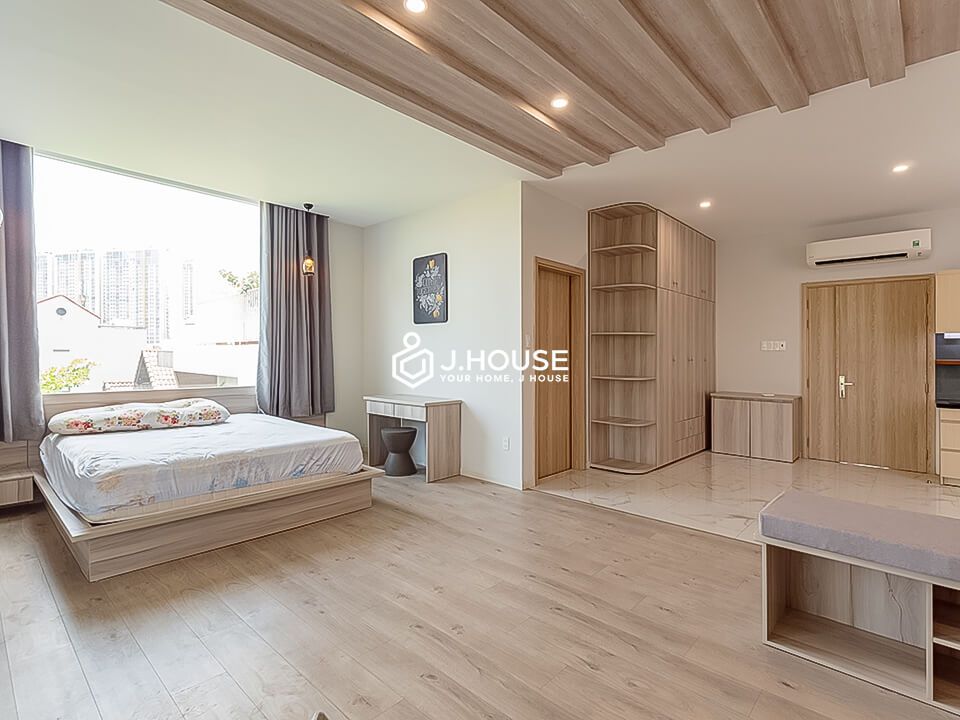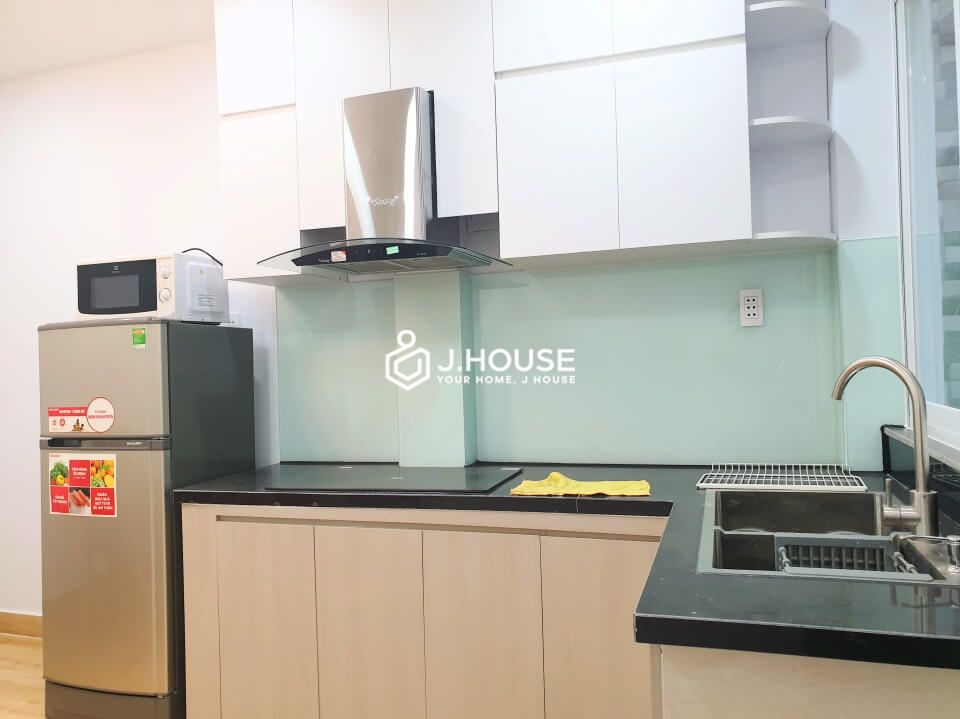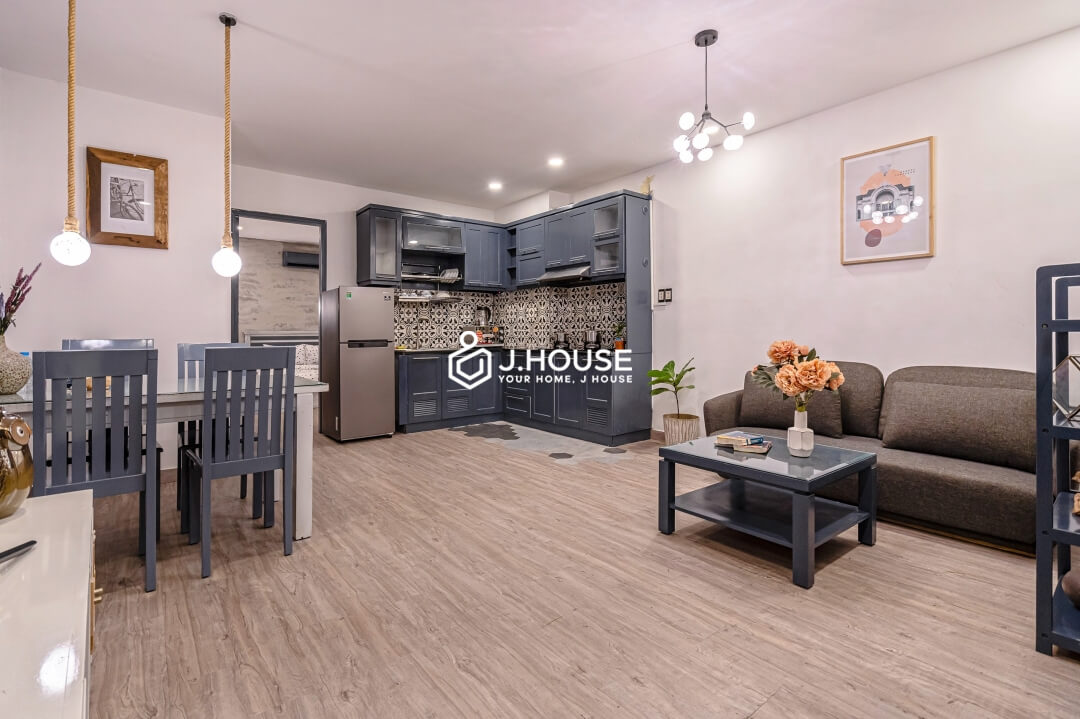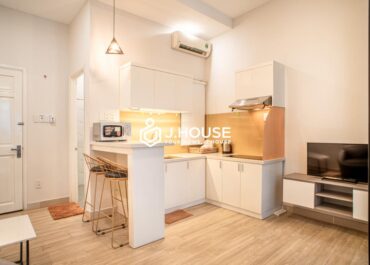Latest Properties
How to Rent Student Apartments in Vietnam: Legal Guide & Tips
Student Housing in Vietnam: Contracts, Deposits & Legal Tips
Rent Student Apartments in Vietnam can feel overwhelming, especially for international students who deal with language barriers, unfamiliar rental practices, and hidden costs. Contracts are often written only in Vietnamese, deposit policies vary widely, and rules are not always transparent — making the process seem more like a legal maze than a simple housing search.

Yet Vietnam also offers exciting opportunities: affordable student housing, a wide range of apartment styles, and vibrant neighborhoods close to universities. With the right preparation, you can avoid costly mistakes, protect your deposit, and secure a safe home that supports your study life. The key is knowing what to check before signing — from contracts and utilities to deposit rules and legal obligations.
This guide will walk you through essential legal tips and practical advice every student should understand before committing to a lease in Vietnam.
Rent Student Apartments in Vietnam: Why It’s Not Always Simple
Vietnam is affordable compared to many countries, but renting student apartments in Vietnam often comes with challenges hidden beneath the surface. Many students sign a lease too quickly, only to face unclear contract terms, unexpected bills, or landlords who refuse to return deposits. Imagine losing two months of rent simply because the rules about “normal wear and tear” were never clarified.
For international students, the language gap makes things even more complicated. Without proper guidance, it’s easy to overlook critical details in the rental agreement — such as who is responsible for repairs, when rent must be paid, or what penalties apply if you leave early. These oversights can quickly turn affordable housing into a stressful financial burden.
The good news? The system isn’t broken — you just need to understand how it works. Knowing your legal rights and obligations before you move in is not just helpful, it’s essential for a smooth student life in Vietnam.
Read more: Student Apartments in HCMC: The Ultimate Guide for Students
What to Check Before Signing a Lease
Before signing a lease, it’s important to slow down and review every detail. Renting as an international student isn’t just about finding a place you like — it involves legal documents, financial commitments, and rules that can affect your entire stay in Vietnam. Missing even a small clause could cost you money or create unnecessary stress later. To help you rent with confidence, here are the key areas you should examine carefully before committing to a student apartment.
1. Reviewing Your Lease Agreement
Your rental contract is more than paperwork — it’s your main protection as a student. Always insist on a written agreement; never rely on verbal promises. At a minimum, the contract should outline the rental period, payment terms, deposit rules, notice period, and responsibilities for repairs. If it’s only in Vietnamese, have it translated to avoid costly surprises.

Before signing, read between the lines:
- Rental Term – Most leases are 6–12 months. Negotiate if you need shorter.
- Termination Clause – Without one, you risk losing rent and deposit if leaving early.
- Bills & Utilities – Clarify what’s included, as utilities in Vietnam are often separate.
- Repairs & Maintenance – Confirm which repairs are yours vs. the landlord’s.
- Move-in Condition – Take photos and keep a signed checklist to protect your deposit.
By carefully checking these details, you’ll avoid disputes and secure a fair, transparent lease.
2. Deposits — Protecting Your Money
Deposits are the number one pain point for international students renting in Vietnam. Standard practice is paying 1–3 months’ rent upfront, but the rules for getting it back are often vague. Many students are shocked when landlords deduct large sums for so-called “wear and tear” or refuse refunds entirely.
To protect your money, make sure you:
- Get it in writing – The contract should state refund conditions, deduction rules, and a clear repayment timeline.
- Request proof – Ask for a receipt when paying and create a handover record with photos and a checklist.
- Know your rights – By law, deposits must be refunded unless damage goes beyond normal use.
- Document everything – Keep evidence from move-in day to strengthen your case if disputes arise.
Think of your deposit as a financial safety net. Guard it carefully, and never hand over cash without knowing exactly how and when you’ll get it back.
Read more: Security Deposit Agreement: Free Download Sample Agreement 2021
3. Legal Requirements & Smart Tips
Renting student apartments in Vietnam isn’t just about price — it’s also about staying legally safe. As a foreign student, you’ll need a valid passport, visa, and proof of study for your lease. These aren’t mere formalities; they’re essential for maintaining a legal stay.
Equally important, landlords are required to register your stay with the local police — a step often overlooked. Without it, you could face fines or problems when extending your visa. Always confirm this has been done and keep copies of your documents.
To stay protected, keep these tips in mind:
- Never pay in full upfront – Monthly payments are the norm; avoid requests for 6–12 months’ rent.
- Check visa links – Your housing address may appear on visa or school documents. Ensure consistency.
- Use reputable platforms – Avoid random listings with no contracts. Rely on university boards, trusted Facebook groups, or agencies like JHouse, which specialize in safe, transparent housing for international students.
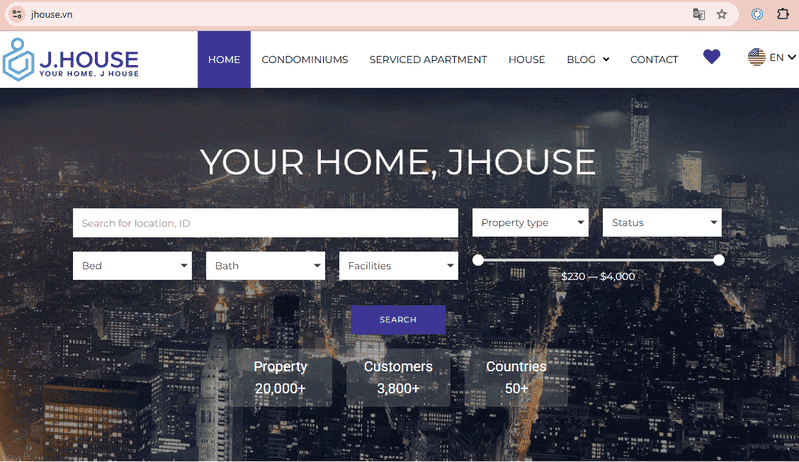
By mastering these basics, you’ll protect your rights and enjoy peace of mind throughout your stay.
Read more: Safety Tips for International Students Renting Apartments in HCMC
Secondary Housing Options for Students
Not every student chooses a private apartment. Here are common alternatives:
- Shared Apartments – Split costs with roommates, ideal for international students who enjoy community living.
- Boarding Houses (Nhà trọ) – Very affordable, but often less secure and lacking privacy.
- Serviced Apartments – Fully furnished with cleaning and security, higher cost but stress-free for foreigners.
- Student Dorms – Convenient and social, though spaces are limited and rules can be strict.
Your choice depends on budget, comfort, and length of stay. Think beyond rent — consider safety, study focus, and the lifestyle you want to build while in Vietnam.
Read more: How to Find Affordable Student Apartments in Ho Chi Minh City
Common Mistakes International Students Make
Even with thorough preparation, many international students repeat the same mistakes when renting in Vietnam — and they can be costly.
- Skipping the Contract – Verbal promises often end in disputes.
- Not Clarifying Bills – Hidden fees for internet, parking, or building services add up fast.
- Paying Too Much Upfront – Overpaying out of fear risks losing months of rent.
- Ignoring Location – The cheapest option may cost more in transport and compromise safety.
Avoid these pitfalls to keep your housing truly affordable and stress-free.
Smart Negotiation Tips for Students
Negotiating rent in Vietnam isn’t rude — it’s expected. With the right approach, you can save money and avoid hidden costs. Here’s how:
- Research prices first – Know the average student apartment rent in your area to avoid overpaying.
- Negotiate with confidence – Many landlords expect it, and polite bargaining can cut costs significantly.
- Check furnished vs. unfurnished – Buying furniture later can quickly eat up your budget.
- Inspect Before You Commit – Check water pressure, internet speed, and noise levels before signing the lease.

Smart negotiation isn’t just about saving money — it ensures you get fair value and a rental that truly fits your needs.
Read more: Money-Saving Tips for International Students Renting in HCMC
Cost Overview: What to Expect
Budgeting for student housing in Vietnam means thinking beyond just rent. Here’s a rough breakdown for major cities like HCMC and Hanoi:
- Rent: $200–$500/month, depending on district and housing type.
- Utilities & Internet: $40–$80/month, usually billed separately.
- Deposits: $200–$1,000 (1–3 months’ rent), often the biggest upfront cost.
While Vietnam remains affordable compared to many countries, the deposit plus first month’s rent can add up quickly. Planning for these expenses ensures you’re not caught off guard and helps you focus on your studies and daily life instead of worrying about money.
Read more: Student Apartment Costs in HCMC: Rent, Utilities, Living Expenses
Closing Thoughts: A Confident Start to Student Life in Vietnam
Rent Student Apartments in Vietnam should feel like the start of an exciting chapter, not a risky gamble. With the right preparation — clear contracts, fair deposit terms, and basic legal awareness — you can avoid the common traps that catch many new students. That means less stress over money or disputes, and more energy for what really matters: your studies, your friendships, and your daily experiences in Vietnam.
At JHouse, we’ve supported countless international students in finding safe, reliable, and affordable housing. Our goal is simple: to make sure your student home gives you peace of mind, not problems, while helping you adapt smoothly to a new culture and lifestyle.
Choose wisely, protect your rights, and step confidently into student life in Vietnam — prepared, secure, and ready to thrive in every way.
JHouse Content Team
The in-depth content development team on housing services for foreigners & Vietnamese in Vietnam. The content is simple, easy to understand, and logically arranged to bring readers useful topics and information from real experiences.







